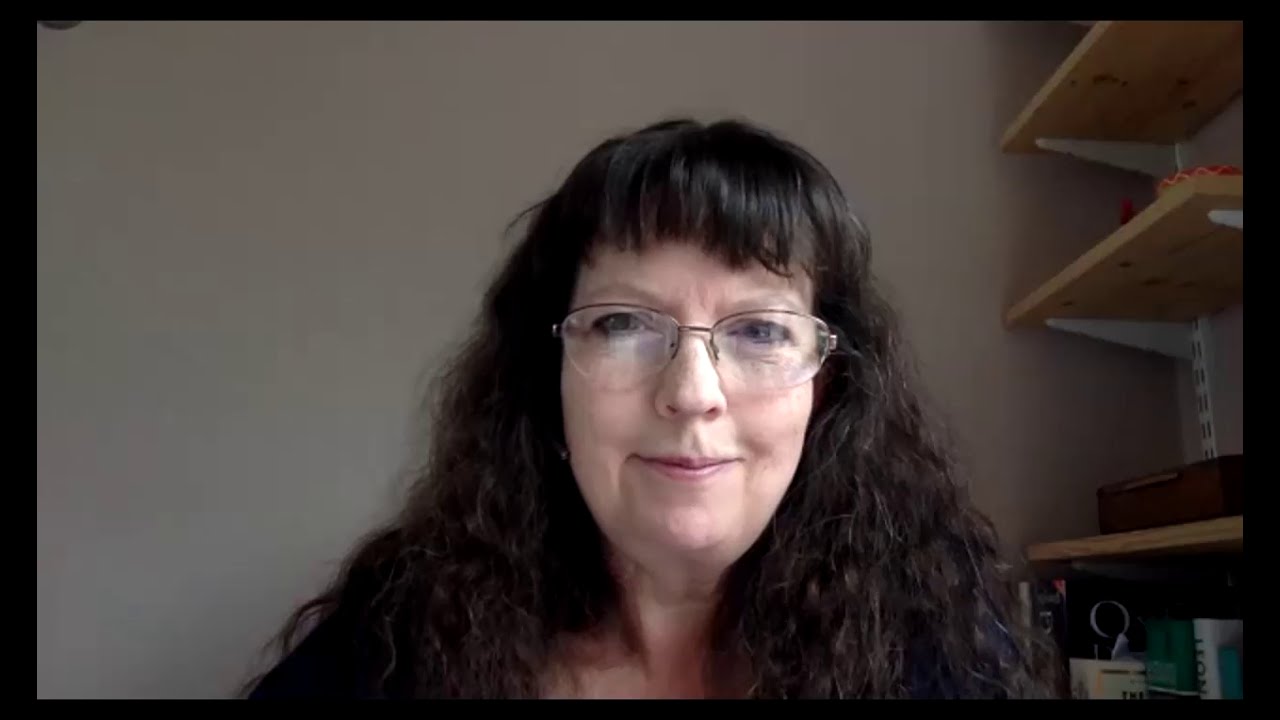Author: Leigh-Anne Perryman
Institution: The Open University
Country: United Kingdom
Topic: Innovation through MOOCs practices
Sector: Higher Education
UNESCO Area of Focus: Building capacity
Session Format: Presentation
Abstract
Since the launch of the first massive open online course (MOOC) in 2008, MOOCs have been positioned as helping achieve educational equity, especially in the Global South (Laurillard and Kennedy, 2017) and often in connection with Sustainable Development Goal (SDG) 4 - “ensure inclusive and equitable quality education and promote lifelong learning opportunities for all”. When openly licensed and designed with open practices in mind, MOOCs offer the potential to harness the power of openness on a large scale, and to build the 'capacity of stakeholders to create, access, re-use, adapt and redistribute OER' (UNESCO, 2019). However, an erratic approach to evaluating such courses, with minimal attention paid to the significance of contextual factors in enabling and inhibiting their impact, especially in the longer term, has limited understanding of how MOOCs can be used to improve the lives of participants and other stakeholders, compromising efforts to encourage 'effective, inclusive and equitable access to quality OER' (UNESCO, 2019).Pickering and Swinnerton (2017) explicitly note the lack of research exploring MOOCs’ long-term impact not only on learners themselves, but also on beneficiaries other than the learners (e.g. wider society). One reason for this lack of research may be the difficulties involved in measuring this type of impact, as evidenced in the small number of existing frameworks and models for MOOC evaluation. Of the frameworks available few consider context, even fewer consider long-term impact, and fewer still unpick the complexities of causality that long-term impact evaluation necessarily involves.
This presentation details a new approach to evaluating MOOCs’ long-term impact on participants and other stakeholders, across diverse contexts. The approach adapts the ‘theory of change’ model common for planning and evaluating international development interventions, and is particularly suitable for evaluating professional development-focused MOOCs. The theory of change model, adapted to fit with the principles of contribution analysis and supported by case study-based mixed methods research, allows the following areas to be investigated:
- The difference a MOOC has made to participants’ lives, especially their professional practice and attitudes towards openness in education.
- What works, why, how, for whom and under what circumstances.
- How a particular MOOC works in combination with other interventions or factors to make a difference.
References
Laurillard, D. and Kennedy, E. (2017). The potential of MOOCs for learning at scale in the Global South. Retrieved from
http://www.researchcghe.org/perch/resources/publications/wp31.pdf.
Pickering, J.D. and Swinnerton, B.J. (2017). An Anatomy Massive Open Online Course as a Continuing Professional Development Tool for Healthcare Professionals. Medical Science Educator, 27(2), p.p. 27- 243. Retrieved from https://doi.org/10.1007/s40670-017-0383-7.
Keywords
MOOCs, MOOC, OER, evaluation, impact, theory of change, equity
